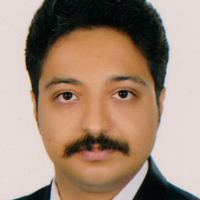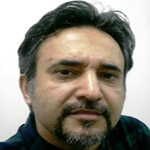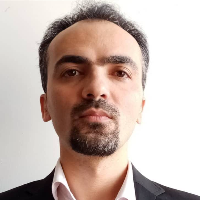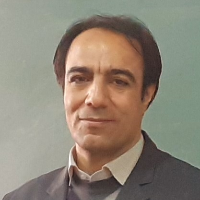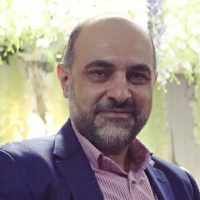مقالات رزومه «دکتر محسن باقرزاده مشکی باف»
فهرست مطالب این نویسنده: 20 عنوان
بدانید!
- این فهرست شامل مطالبی از ایشان است که در سایت مگیران نمایه شده و توسط نویسنده تایید شدهاست.
- مگیران تنها مقالات مجلات ایرانی عضو خود را نمایه میکند. بدیهی است مقالات منتشر شده نگارنده/پژوهشگر در مجلات خارجی، همایشها و مجلاتی که با مگیران همکاری ندارند در این فهرست نیامدهاست.
- اسامی نویسندگان همکار در صورت عضویت در مگیران و تایید مقالات نمایش داده می شود.
